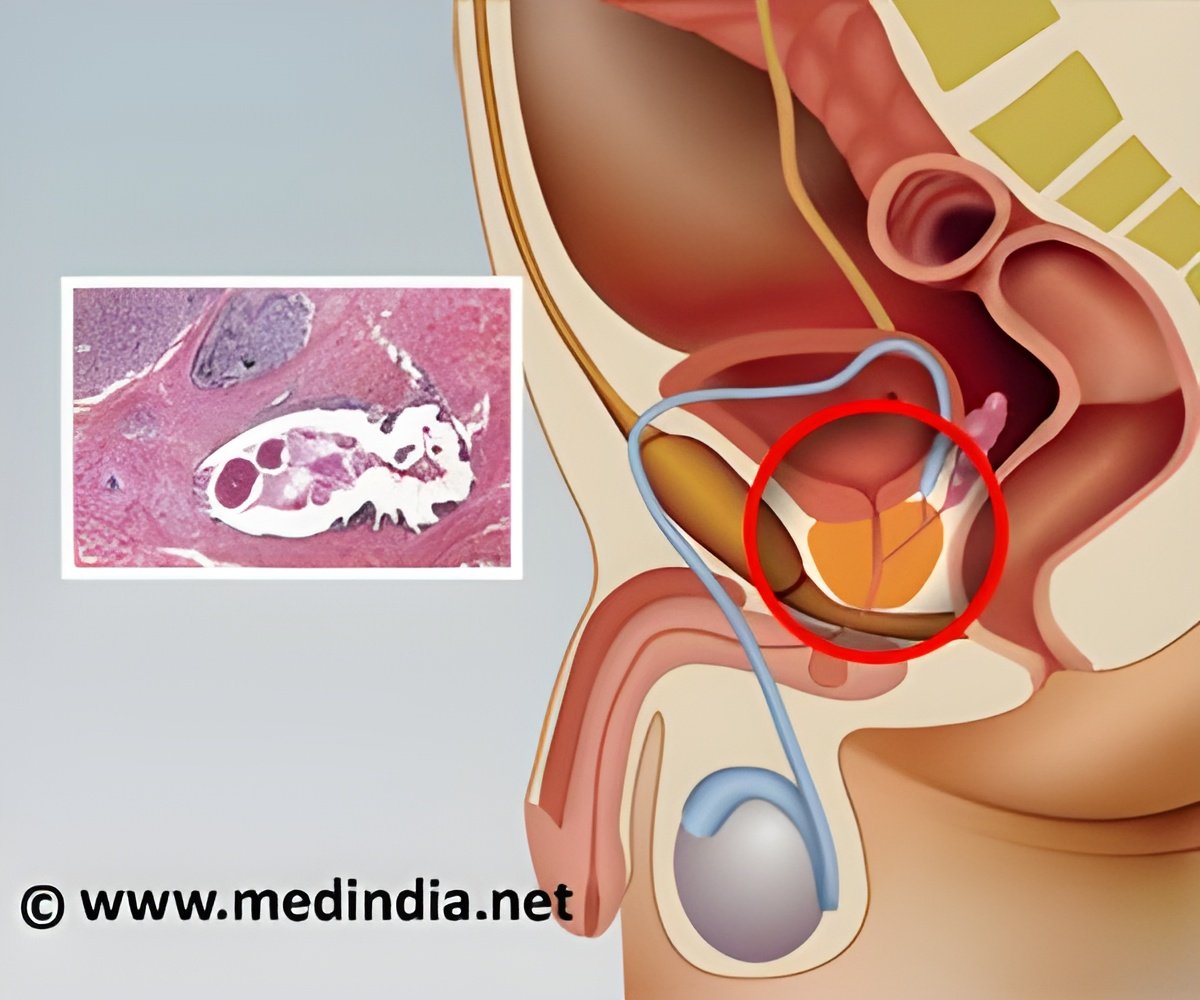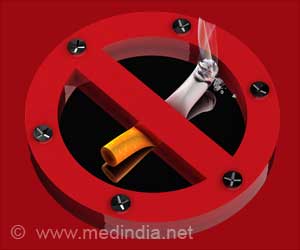Early detection of prostate cancer is very poor in men with type 2 diabetes that results in higher mortality rates.

‘Androgen receptor and the mitogenic (an agent that triggers cell division) forms of the insulin receptor are more strongly expressed in men with diabetes that leads to poor prognosis for prostate cancer.’





But how do prostate carcinomas differ in men with and without diabetes? What makes prostate carcinoma in patients with metabolic disease so aggressive? The research team investigated these questions in another study. For this purpose, they analyzed 70 tumor samples from patients without diabetes and 59 samples from patients with type 2 diabetes. Since male sex hormones (androgens) play an important role in the development of prostate cancer, the scientists investigated the androgen signaling chain. “We conducted a gene expression analysis of key proteins and found that in men with diabetes, the androgen receptor (AR) was increased,” said Dr. Martin Heni, who led the study at the IDM. The signaling pathway mediated by AR was also more strongly activated.
The scientists identified another difference: "Insulin receptors of isoform A are increasingly expressed in the prostate carcinomas of patients with diabetes," said Dr. Stefan Lutz, first author of the study. These can bind insulin-like growth factors (IGFs). This contributes to increased cell growth and cell division. Normally, adults mainly express the isoform B, which does not bind IGF.
In addition, in patients with diabetes, the steroid biosynthesis in the tumor is also altered. Less protective estrogen receptor ligands are formed. This further strengthens the androgen signaling pathway in tumors.
“Our research provides new insights into why prostate cancer is so aggressive in men with type 2 diabetes," said Dr. Heni, summarizing the results. “Prostate carcinoma in men with type 2 diabetes has a poorer prognosis and must therefore be diagnosed and treated earlier and more comprehensively than prostate cancer in nondiabetics," said Professor Arnulf Stenzl, MD, head physician of the Urology Department of Tubingen University Hospital.
Advertisement
Source-Eurekalert















